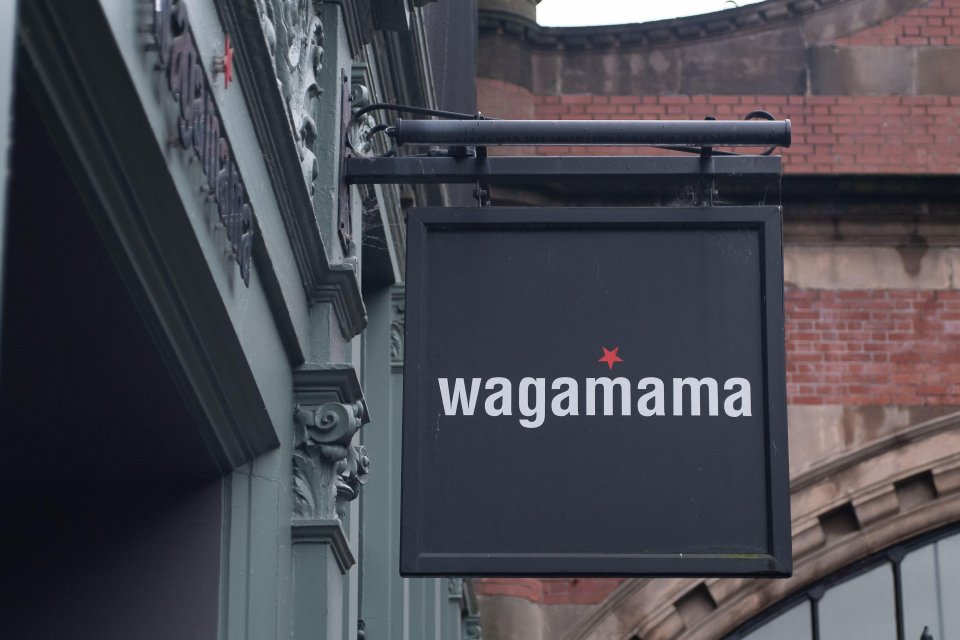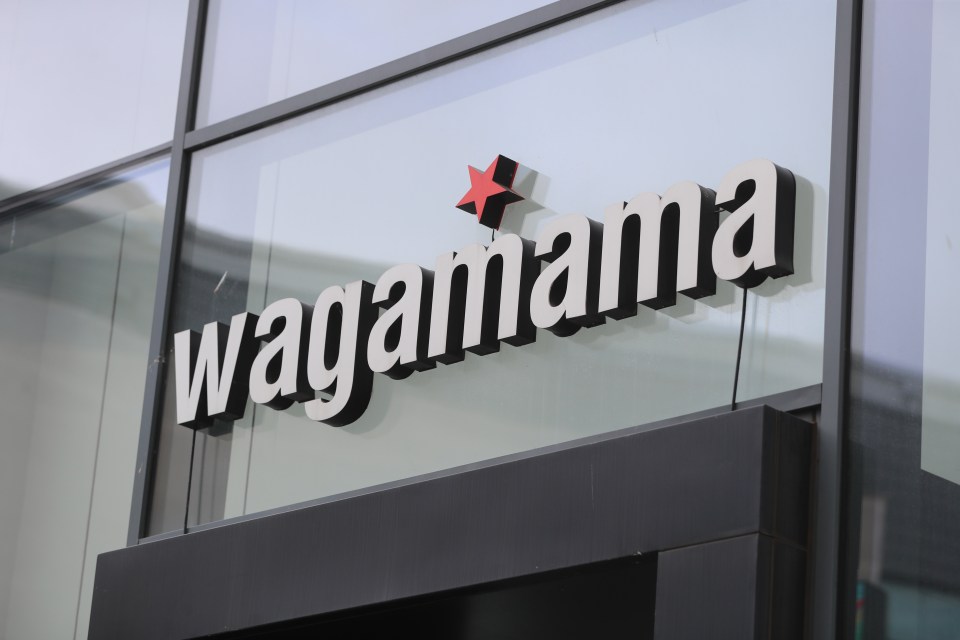WAGAMAMA founder Alan Yau has been dealt another major blow – as Park Chinois, the star-studded London restaurant once favoured by Rihanna and Drake, is now on the verge of collapse.
The celebrity hotspot in Mayfair has appointed administrators, raising fresh fears for its future.
The high-end Chinese restaurant, known for its opulent interiors and A-list clientele, has been a staple of London’s luxury dining scene since opening in 2015.
But now, the company behind it has fallen into trouble.
Official filings show Philip Armstrong of FRP Advisory has been brought in as administrator, throwing the restaurant’s future into serious doubt.
It’s unclear if the business will be sold, rescued, or wound down.
Talks around a possible sale – either to a new buyer or a connected party – are ongoing.
Located in London’s glitzy Mayfair district, Park Chinois was founded by Alan Yau, the renowned restaurateur behind global brands Wagamama and Hakkasan.
Although Yau is no longer involved, Park Chinois is part of Island Hospitality – a group headed by Sofija Mehta.
The company’s portfolio includes The Duck & Rice in Soho (also a Yau creation), Italian restaurant The Dover in Mayfair, and two venues in Ibiza – Chinois Ibiza and Beachouse Ibiza.
At present, none of Island Hospitality’s other venues appear to be impacted by Park Chinois’s financial problems.
Rising costs and labour shortages hit hard
In its latest accounts, covering the year up to March 2023, Park Chinois revealed it had been hammered by rising food and energy costs, along with ongoing labour shortages.
Directors said the restaurant had been battling “inflationary pressures in its supply chain” alongside “rising utilities costs.”
Despite turning a modest profit of £53,000, the previous year saw a hefty loss of £1.39 million.
Plans had been drawn up to expand the Park Chinois brand globally – but those ambitions now hang in the balance.
Park Chinois stood out in London’s crowded restaurant scene for blending fine Chinese cuisine with rich, decadent décor and nightclub-style entertainment, a formula similar to that of Yau’s earlier venture, Hakkasan.
It was a go-to spot for those wanting dinner with drama, where plush interiors met live jazz and DJ sets.
But high operating costs, combined with post-pandemic trading pressures, appear to have taken their toll.
The administration of Park Chinois comes hot on the heels of another setback for Yau’s restaurant legacy.
Thai restaurant group Busaba, which he founded in 1999, was placed into administration just weeks ago.
It was sold in a pre-pack deal on 16 July to Seaco Investments, led by finance executive Ronald Seacombe.
The move saved around 240 jobs and ensured the survival of the long-running brand, which still operates six sites in London and one in Essex.
‘Extremely challenging’ trading period
Administrator Leonard Curtis said the company had faced an “extremely challenging trading period” and was “at risk of closure if a sale via administration could not be secured.”
What is happening to the hospitality industry?
FIVE years on from the pandemic and UK hospitality groups are still picking up the pieces.
While restrictions and social distancing are well in the past, businesses are now dealing with a plethora of other issues such as hikes to National Insurance and customers having little money to part with at the till.
Brewdog will close 10 pubs this weekend, including its flagship site in Aberdeen and a branch.
Elsewhere, French-inspired brasserie Côte is being auctioned off by private equity firm Partners Group.
The company is working together with Interpath Advisory to seek out fresh investors for the embattled restaurant chain, Sky News first reported.
The chain has more than 70 sites across the UK, down from close to 100 shortly before it collapsed into insolvency five years ago.About 60 of its remaining sites are thought to be profitable – meaning there is a risk of more closures.
Joint administrator Neil Bennett added: “Busaba has experienced tough trading conditions over the past few years, in line with the hospitality industry in general, including the negative consequences of the cost-of-living crisis, inflation and a substantial increase in utilities costs.”
Details of the deal have not been disclosed.
Once a pioneer in the casual dining space, Busaba at one point operated 13 London locations and launched sites in cities like Manchester, Liverpool and St Albans – even venturing into Dubai under franchise.
But nearly all of its out-of-town sites have since shut.
A recent attempt to expand again into Cardiff and Oxford also failed, with both locations closing in 2023.
The chain entered a company voluntary arrangement (CVA) in 2020 and has now scaled back its ambitions to focus solely on London and nearby areas.
Rocky roads
Alan Yau, who rose to fame in the 1990s after founding Wagamama, is widely regarded as one of the most influential figures in British dining.
But the troubles facing both Park Chinois and Busaba show how even big names aren’t immune to the pressures battering the UK’s hospitality sector.
As soaring costs, staff shortages and squeezed customer spending continue to bite, some of London’s most famous food brands are fighting to stay afloat.
The Sun has approached Wagamama for comment.
What does going into administration mean?
WHEN a company enters into administration, all control is passed to an appointed administrator.
The administrator has to leverage the company’s assets and business to repay creditors any outstanding debts.
Once a company enters administration, a “moratorium” is put in place which means no legal action can be taken against it.
Administrators write to your creditors and Companies House to say they’ve been appointed.
They try to stop the company from being liquidated (closing down), and if it can’t it pays as much of a company’s debts from its remaining assets.
The administrator has eight weeks to write a statement explaining what they plan to do to move the business forward.
This must be sent to creditors, employees and Companies House and invite them to approve or amend the plans at a meeting.
A Notice of Intention is used to inform concerning parties that a company intends to enter administration.
It is a physical document which is submitted to court, usually by directors aiming to prevent a company from being liquidated.
Like with a standard administration process, a Notice of Intention stops creditors from taking out any legal action over a company while they try and rectify the business.















